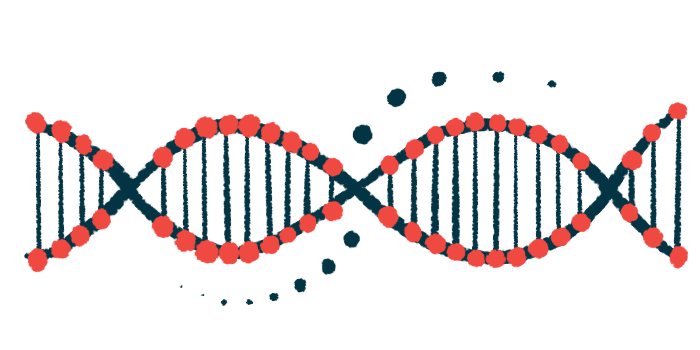Baylor Genetics offering genetic panel to determine epilepsy’s cause
397 genes associated with Angelman syndrome, other disorders evaluated
Written by |

To help patients and their families make the most of available treatments, the clinical diagnostics laboratory Baylor Genetics is offering an analysis of genes related to epileptic disorders such as Angelman syndrome.
The disease-specific panel, which can be used in outpatient settings, is intended to help clinicians determine whether genetics contribute to a patient’s epilepsy, a condition wherein brain nerve cell activity is disturbed, causing seizures.
Epileptic seizures occur in more than 80% of Angelman patients and typically begin before age 3. The genetic disorder, which affects the nervous system and causes intellectual and physical disabilities, develops due to defects in the UBE3A gene. The gene plays a key role in the nervous system’s development and function.
Baylor is offering an epilepsy panel and a STAT epilepsy panel. The latter is designed to assess 76 genes associated with syndromic and nonsyndromic epilepsy and seizures and is meant for patients with new onset epilepsy or changes in seizure frequency or character that can be immediately treated. It features a 10-day turnaround time.
Syndromic epilepsy refers to a group of syndromes where seizures are just one part of a broader clinical picture that includes neurological and non-neurological features. Nonsyndromic epilepsy refers to conditions where seizures are the primary or sole symptom.
The panel for conditions of suspected genetic origin evaluates 397 genes associated with epilepsy for Angelman, Rett syndrome, Charcot-Marie-Tooth disorders, SCN1A-related epilepsies, CDKL5 deficiency disorder, and developmental and epileptic encephalopathies.
Employing next-generation sequencing, the panel draws on more than 40 years of Baylor genomic variant data. Baylor also offers genetic counseling to healthcare providers to help interpret the results.
Determining if seizures are caused by Angelman syndrome
Angelman can be challenging to diagnose, especially early on, because its characteristics are similar to those of more common disorders such as autism and cerebral palsy. About half of all patients are initially misdiagnosed, as the condition is often first suspected to be due to behavior and developmental abnormalities. While other tests may help identify it or rule out other conditions, a definitive diagnosis is made when genetic testing reveals UBE3A abnormalities.
“When a genetic cause of epilepsy is suspected, a fast and accurate diagnosis is essential to optimize symptom management and treatment and, in some cases, provide information on long-term outcome,” Christine Eng, MD, chief medical officer and chief quality officer at Baylor Genetics, said in a press release. “Not only is our epilepsy panel comprehensive, we also offer flexibility on specimen types, including blood, buccal swab, saliva, purified DNA, and cultured skin fibroblast.”
Bayor Genetics also offers whole exome sequencing and whole genome sequencing, comprehensive diagnostic tests supported by expert clinicians to guide therapies. Exome sequencing is used to understand the cause of symptoms, particularly with a nonspecific presentation a single panel failed to capture. Whole genome sequencing offers insights into the entire genome, including areas between genes. Such analyses can help healthcare providers and patients make more informed decisions about future care, family planning, and clinical trial participation.
“We’re proud to be a trustworthy genetic testing partner for many healthcare providers,” said Kengo Takishima, president and CEO at Baylor Genetics. “Our epilepsy panels are another offering to help both providers and their patients get answers to help end the diagnostic odyssey.”






